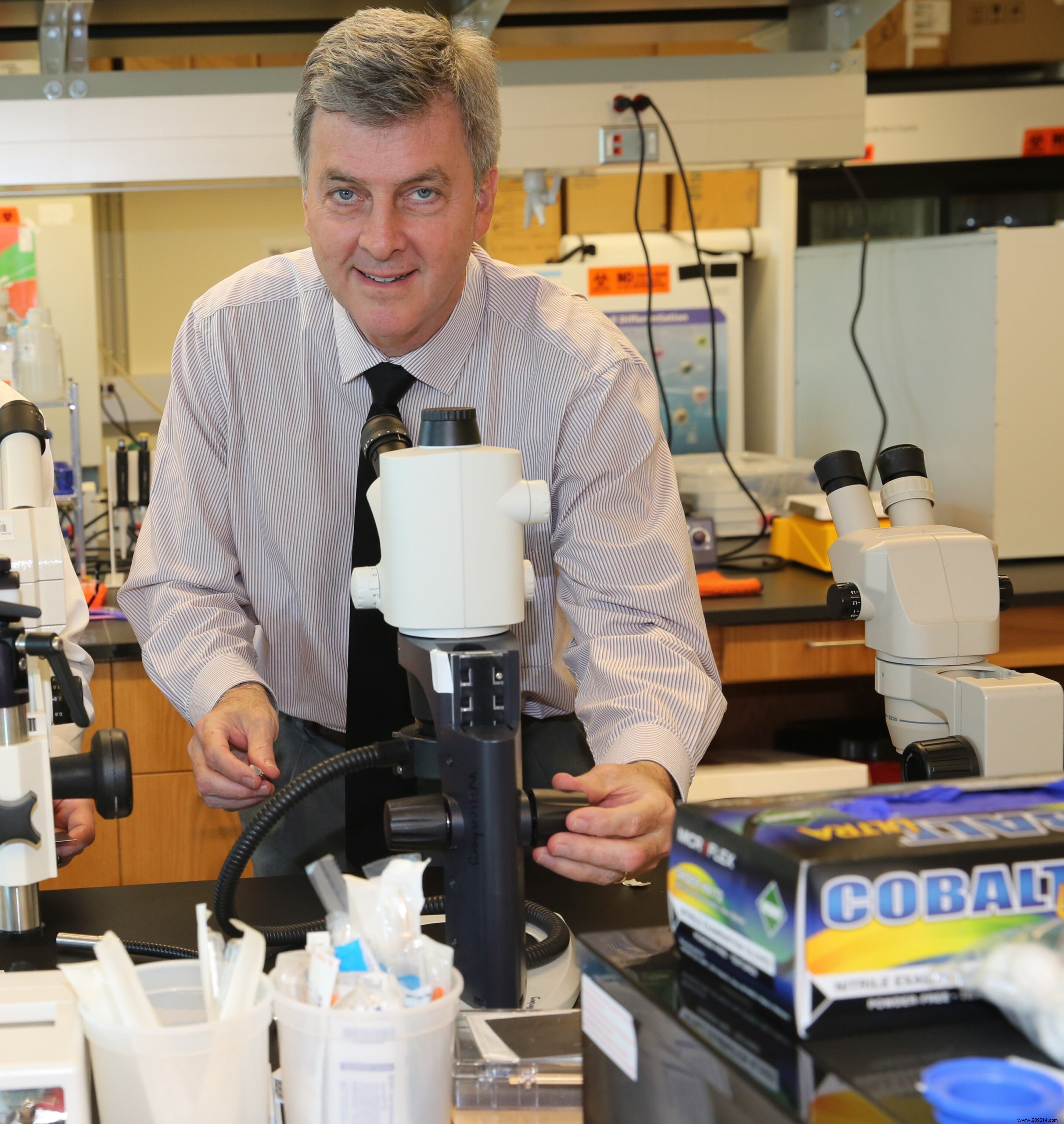Researchers at the University of Central Florida (UCF) have developed a nanoparticle-based sanitizer that can contain the spread of multiple viruses for seven days. This new formulation could be a powerful weapon against Covid-19 and other emerging pathogens.
The Covid-19 pandemic has brought global attention to the threat of emerging viruses and antiviral therapies in general, particularly highlighting the need for antiviral materials/products and highly effective disinfectants. Most of the wipes or sprays on the market today disinfect a surface within three to six minutes of application and have an effectiveness limited to a few hours at most. This means that surfaces must be regularly treated in order to be able to effectively control the spread of pathogens.
In a recent study, researchers at the University of Central Florida developed a formulation capable of retaining its ability to inactivate microbes on surfaces for seven days after a single application. The results of this work have been published in the journal ACS Nano.
Christina Drake, founder of Kismet Technologies, originally thought of developing a fast-acting disinfectant. However, a quick survey of doctors and dentists highlighted the fact that in the exercise of their duties, the latter, on the contrary, wanted a product with a lasting effect able to disinfect high-touch areas like doorknobs long after application.
As part of this work, the researcher partnered with Dr. Sudipta Seal, UCF materials engineer, and Dr. Griff Parks, virologist and director of the Burnett School of Biomedical Sciences. With funding from the National Science Foundation, the team was able to develop a disinfectant composed of nanoparticles whose active ingredient is an artificial nanostructure called cerium oxide , known for its regenerating antioxidant properties.
In this case, the cerium oxide nanoparticles have been modified with small amounts of silver to make them more potent against pathogens. "It works both chemically and mechanically “, explains Dr. Seal. “The nanoparticles emit electrons that oxidize the virus, rendering it inactive. Mechanically, they also attach to the virus and break its surface. It's like popping a balloon “.

According to the study, this disinfectant would have offered effective antiviral activity against seven different viruses. "Not only did it show antiviral properties against novel coronavirus and rhinovirus , but has also been shown to be effective against a wide range of other pathogens offering different structures and complexities", notes Dr. Parks. "We hope that with this incredible destructive capacity, this disinfectant will also be an effective tool against other new emerging viruses “.
Furthermore, the formulation does not contain any harmful chemicals. For the researchers, this new formula could therefore play a major role in healthcare establishments by reducing the rate of nosocomial infections. In the meantime, the next step will aim to evaluate the performance of the disinfectant in real conditions (outside the laboratory) exposed to external factors such as temperature or sunlight.